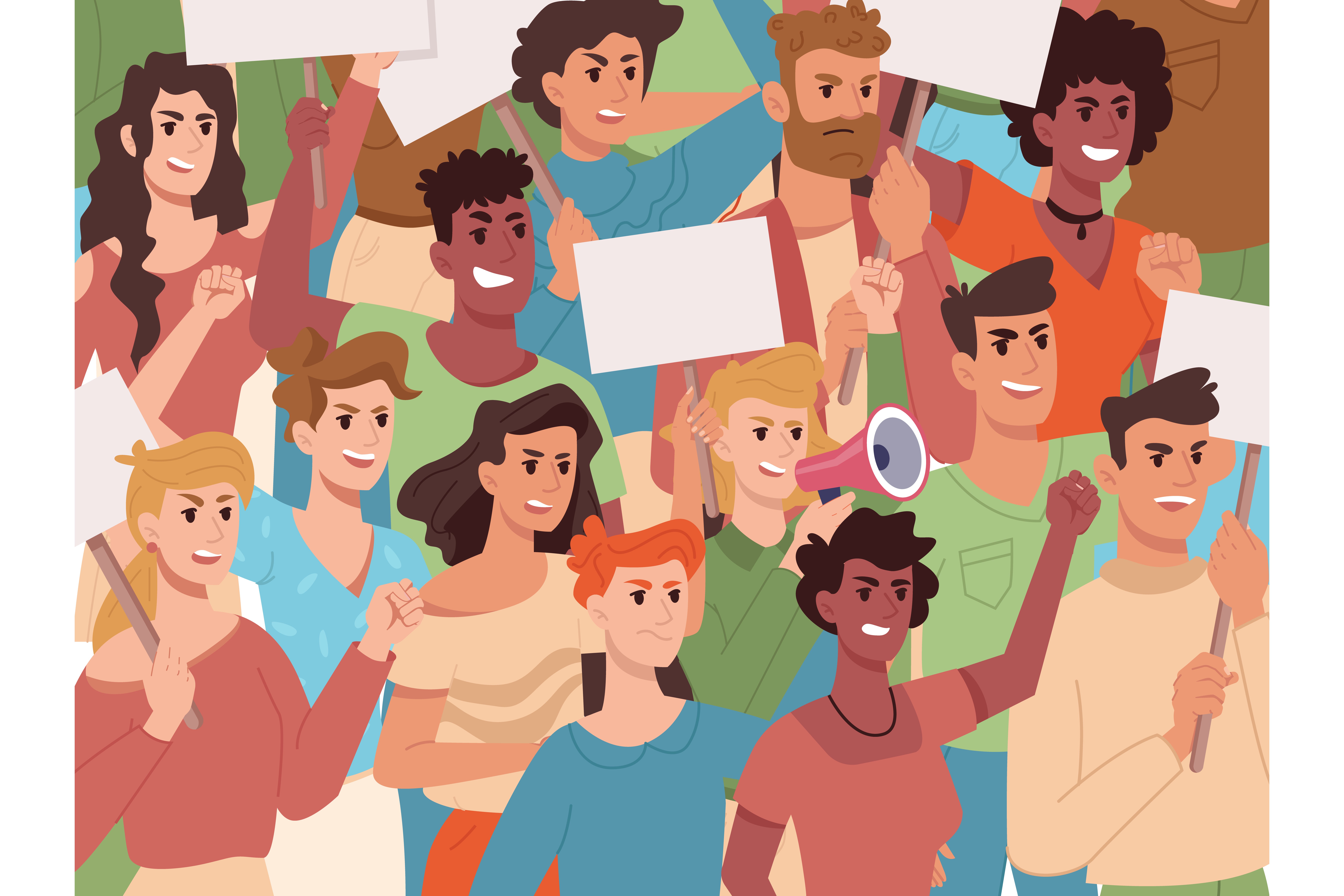In an era where misinformation spreads rapidly across digital landscapes, governments worldwide have stepped in to regulate and restrict the dissemination of false or harmful content. While these measures are often justified as necessary to protect the public from propaganda, there is a growing concern that some governments are using regulation as a guise for propagandizing and controlling the narrative to serve their own interests.
The Paradox of Regulation
The primary aim of regulation in the digital space is to curb misinformation and ensure that the information ecosystem is safe, reliable, and trustworthy. However, the line between regulation for public good and regulation for political gain is often blurred.
Case in Point: Media Control in Authoritarian Regimes
In countries with authoritarian governments, regulation is frequently used as a tool to suppress dissent and control the narrative. For instance, in China, the government’s extensive internet censorship, known as the Great Firewall, is justified as a means to maintain social stability and protect citizens from harmful content. In reality, it also serves to stifle political opposition and ensure that the Communist Party’s narrative remains unchallenged.
Similarly, Russia’s strict regulations on foreign media and social media platforms are presented as necessary to protect national security and prevent foreign interference. However, these measures also limit free speech and are used to suppress anti-government sentiment.
Regulatory Measures as Propaganda Tools
Governments can and do use regulatory measures to create and disseminate their own propaganda. By controlling what information is accessible and what gets censored, they shape public perception in ways that benefit their political agenda.
Case in Point: India’s Internet Shutdowns
India, the world’s largest democracy, has seen a significant increase in internet shutdowns in recent years. These shutdowns are often justified as necessary to maintain public order during times of unrest. However, critics argue that they are used to prevent the spread of information during protests and to suppress dissent. This creates a controlled narrative where the government appears as a stabilizing force, while opposing voices are silenced.
The Global Landscape: Balancing Act
The challenge for democratic governments is to find a balance between regulating harmful content and ensuring freedom of expression. This delicate balancing act is evident in several recent legislative efforts:
Case in Point: The European Union’s Digital Services Act
The European Union’s Digital Services Act (DSA) aims to create a safer digital space by targeting illegal content and ensuring transparency in online advertising. While the DSA represents a comprehensive effort to regulate digital platforms responsibly, there are concerns about how these regulations could be misused. Critics worry that broad definitions of illegal content could be exploited to censor political opposition and critical journalism under the pretext of maintaining public safety.
Case in Point: The United States and Section 230
In the United States, Section 230 of the Communications Decency Act, which provides immunity to online platforms for third-party content, has been a focal point of debate. Calls for its reform often emphasize the need to hold platforms accountable for harmful content. However, there is a risk that reforms could lead to increased government influence over what content is permissible, potentially paving the way for political manipulation and propaganda.
Navigating the Future: Vigilance and Accountability
As governments around the world grapple with the complexities of regulating digital content, it is crucial to remain vigilant about the potential for abuse. Ensuring transparency in regulatory processes and safeguarding the independence of media and digital platforms are essential steps in preventing regulation from becoming a tool of propaganda.
Public Awareness and Advocacy
Public awareness and advocacy play a vital role in holding governments accountable. Civil society organizations, journalists, and digital rights advocates must continue to scrutinize regulatory measures and highlight instances where regulations are used to stifle dissent or promote government propaganda.
International Cooperation
International cooperation and standards can help mitigate the misuse of regulation. By working together, democratic nations can establish frameworks that protect free expression while effectively curbing harmful content.
Technological Solutions
Technological solutions, such as blockchain for transparent content verification and AI for detecting deepfakes, can also contribute to a more trustworthy information ecosystem without over-relying on government regulation.
Conclusion: A Call for Balanced Regulation
In the quest to curb propaganda and misinformation, the role of regulation is undeniably important. However, it is equally important to recognize and address the risks of regulatory overreach and the potential for governments to use these measures as tools of propaganda. By promoting transparency, accountability, and a commitment to free expression, we can strive for a digital landscape that is both safe and free.
At BelleMedia, we champion the responsible regulation of digital platforms while advocating for the protection of free speech and the prevention of governmental overreach. Join us in this conversation and share your thoughts on how we can navigate this complex issue together.

